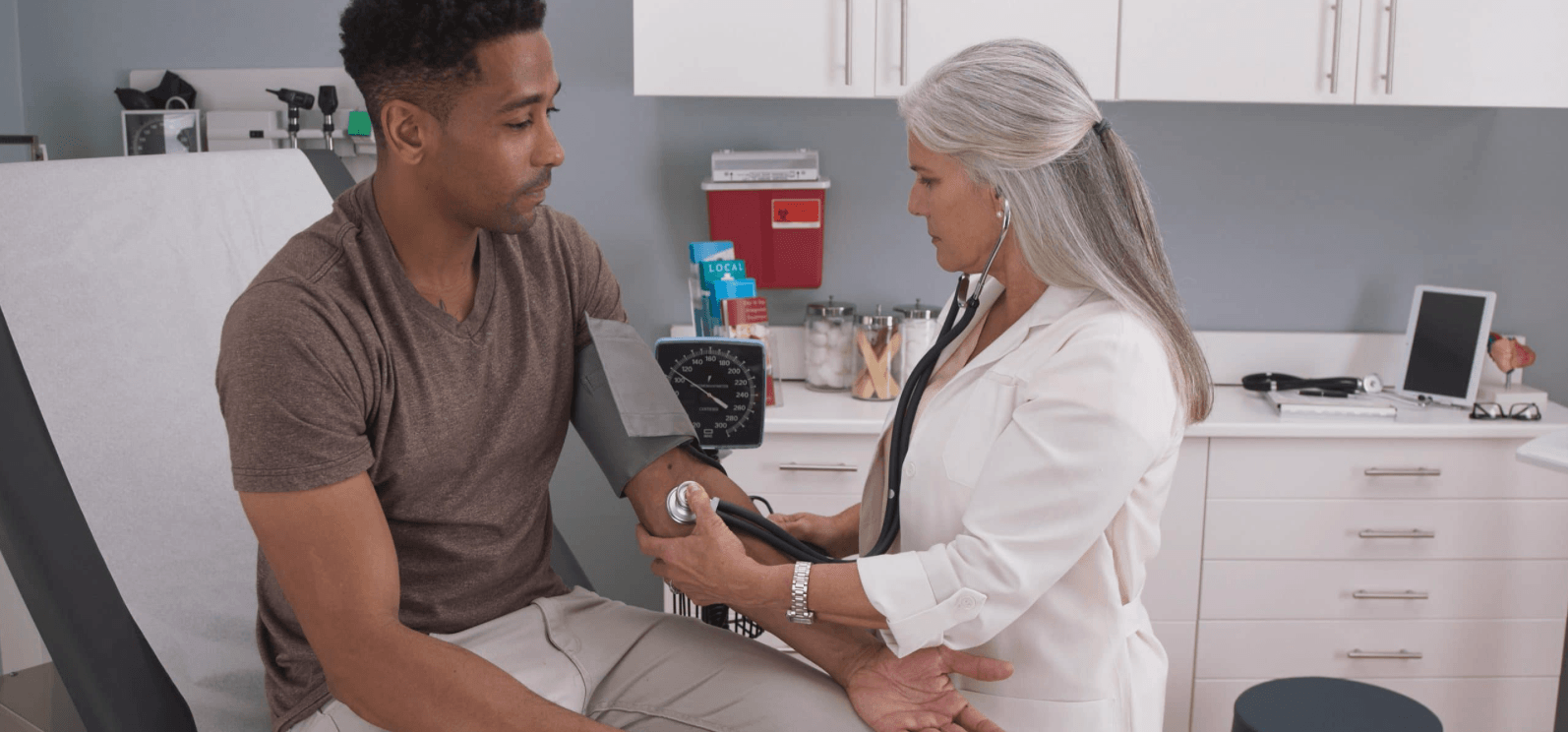By CultureBanx Team
- McKinsey & Co has agreed to pay $573.9M to 47 states regarding its role in aiding drug companies during the opioid addiction epidemic
- Among Black people the fatal opioid overdose rate rose by 130% between 2014-2017
For the past several years, American attention has been fixated on fighting opioid overdoses, revealing communities in economic and social distress. McKinsey & Company, one of the world’s largest business consulting firms, has agreed to pay $573.9 million in a settlement with 47 states regarding its role in aiding drug companies during the opioid epidemic. This crisis costs the U.S. economy $78.5 billion every year, and the government bears less than one-third of the financial costs, with the rest falling on individuals and the private sector. Unfortunately, the related plagues of drug abuse and death have stalked African-American communities for decades, garnering little to no attention leaving one to question just how vulnerable are they economically?
Why This Matters: For McKinsey’s role in the ongoing problem it “sold its ideas” to OxyContin maker Purdue Pharma for more than 15 years beginning in 2004, according to Massachusetts court filings. The disparities in attention, resources and long-term strategies have led to a tale of two opioid crises. Especially in the Black community where opioid use has been criminalized and largely ignored. The dangers of misusing prescription drugs comes from the opioid crisis, which the Council of Economic Advisers estimates costs 3.4% of GDP, and more than $2.5 trillion for the four-year period from 2015 to 2018, according to the U.S. government.
This crisis costs the U.S. economy $78.5 billion every year
The opioid crisis not only increases costs and lowers productivity throughout the economy, it also prematurely ends lives, which have value beyond their effect on economic output. However, the biggest cost burden fell on families due to lost earnings of those who died. Those mortality costs alone came to more than $72 billion in 2018, according to a report by the Society of Actuaries. Since the average Black family makes less than $40,000 a year, dealing with lost income can put them in a dire financial and economic place. Additionally, A U.S. News analysis using Centers for Disease Control and Prevention data found between 2014 and 2017, the fatal opioid overdose rate among Black people rose by 130%, more than twice the 61.5% surge for whites over that period.
Situational Awareness: The opioid crisis in Black America is practically hidden in plain sight, and its growth has many causes, meaning ending the crisis requires many solutions. In fiscal years 2018 and 2019, $6 billion in new funding was secured to fight opioid abuse, including to expand access to medication-assisted treatment. Though there’s no real link to show if this capital is flowing to minority communities struggling to overcome the opioid epidemic.
CBx Vibe: “Overdose” YoungBoy Never Broke









